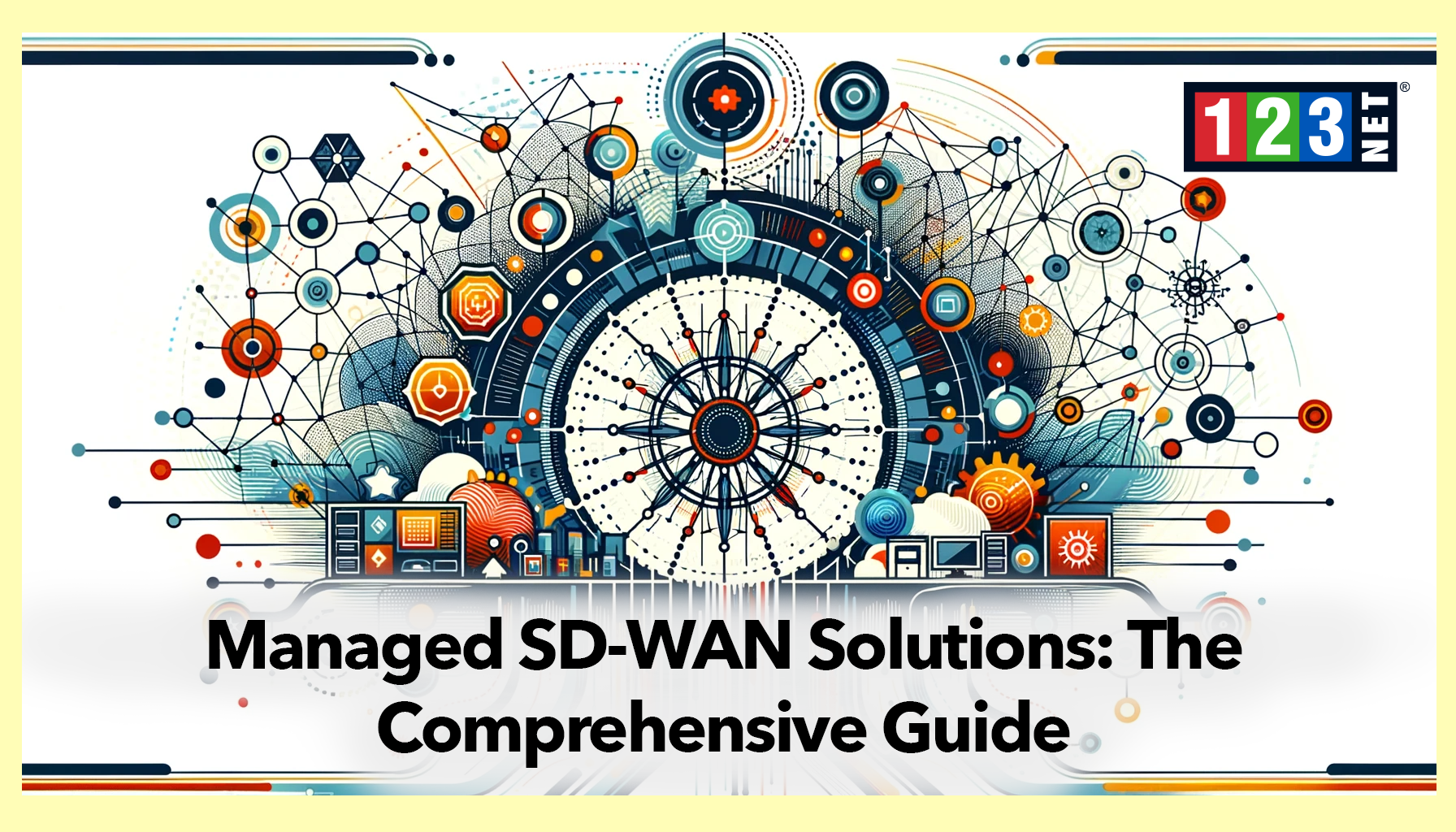
Introduction
Channel partnerships represent a cornerstone in modern business strategies, fostering growth and expansion in diverse markets. These partnerships are collaborative agreements where businesses work together to sell and distribute products or services. In today’s rapidly evolving business landscape, channel partnerships are not just beneficial; they’re essential for sustainable success. They offer a pathway to market expansion, enhanced sales strategies, and business growth. By leveraging the strengths and resources of each partner, businesses can effectively manage partnerships, generate more revenue, penetrate new markets, network efficiently, and acquire new customers. The ecosystem created through these partnerships leads to a synergy that underpins collaborative marketing, efficient distribution channels, and robust partnership development.
Understanding Channel Partnerships
Channel partnerships are alliances between businesses to enhance their sales and marketing strategies. These partnerships can take various forms, each serving distinct roles in the business ecosystem:
- Affiliates: Partners who promote products or services in exchange for a commission.
- Tech Partners: Companies that provide technological support and integration.
- Wholesalers: Bulk distributors of products to retailers or other businesses.
- Referral Partners: Entities that refer customers or clients for a fee or other benefits.
- Distributors: Organizations responsible for delivering products to the market.
- Value-Added Resellers (VARs): Companies that add features or services to an existing product and then resell it.
- Resellers: Businesses that sell products or services directly to customers.
- Value-Added Distributors (VADs): Distributors offering additional services like product training or support.
- Independent Software Vendors (ISVs): Firms specializing in making and selling software.
- Managed Service Providers (MSPs): Companies that manage IT services for clients.
- Value-Added Referral Partners (VARPs): Similar to VARs, but focused on referrals.
- Implementation Specialists: Experts in deploying and managing new systems or solutions.
- Original Equipment Manufacturers (OEMs): Producers of parts used in another company’s product.
- Strategic Alliances: Broad partnerships for mutual benefit in specific business areas.
- Consultants and Advisors: Experts providing guidance and expertise.
These partnerships are crucial for expanding business networks, customer acquisition, and collaborative marketing.
Benefits of Working With Channel Partners

Working with channel partners offers numerous advantages:
- Access to New Markets and Customers: Partnerships open doors to otherwise inaccessible markets, driving customer acquisition and market expansion.
- Increased Sales and Revenue: Collaborative marketing and distribution through channel partners can significantly boost sales and revenue generation.
- Reduced Costs and Increased Efficiency: Sharing resources and expertise with partners can lead to cost savings and improved operational efficiency.
- Competitive Advantage: A strong network of channel partners can provide a competitive edge through broader market penetration and enhanced business networking.
- Long-term Growth: Sustainable business growth is often a result of strategic collaborations and partnership management.
These benefits highlight the importance of channel partners in driving business growth and market expansion.
The Role of Channel Partners in an Organization

Channel partners play several critical roles in an organization:
- Expertise Sharing: Partners often bring specialized knowledge and skills, contributing to a more robust business ecosystem.
- Broadened Market Access: Through partners, companies can reach wider audiences and penetrate new markets.
- Enhanced Sales and Support: Partners can augment a company’s sales strategy and customer support, leading to better customer acquisition and retention.
- Boosted Brand Presence: Collaborative marketing efforts with partners can significantly enhance a brand’s visibility and reputation.
These roles are pivotal in creating a synergistic environment that fosters business growth and partnership development.
Defining Your Channel Partnerships Strategy
To develop an effective channel partnership strategy, businesses should:
- Identify Objectives: Clearly define what you want to achieve through the partnership.
- Research Potential Partners: Find partners that align with your business goals and values.
- Define Partnership Terms: Establish clear terms that outline the responsibilities and benefits for each party.
- Engage and Negotiate: Initiate discussions and negotiate terms that are mutually beneficial.
- Develop Support Infrastructure: Create systems to support and manage the partnership effectively.
- Monitor and Optimize: Regularly review the partnership’s performance and make adjustments as needed.
- Foster Relationship Building: Cultivate strong relationships with partners for long-term success.
These steps are crucial in ensuring successful partnership management and revenue generation.
FAQs
- What is an example of a channel partner? An example is a tech company collaborating with local retailers to sell its software.
- What is the role of a channel partner? They help expand market reach, enhance product distribution, and contribute to sales strategies.
- How do channel partners make money? They typically earn through commissions, profit sharing, or service fees.
- What is a channel partner vs distributor? A channel partner can be a distributor but includes various roles like VARs, MSPs, or referral partners.
Conclusion
Channel partnerships are integral to contemporary business strategies, offering pathways to market expansion, enhanced sales strategies, and robust business growth. These alliances, encompassing a range of roles from distributors to consultants, contribute significantly to an organization’s ability to reach new customers, generate revenue, and achieve competitive advantages. The future of business success increasingly depends on the effective management and optimization of these dynamic and mutually beneficial partnerships.




